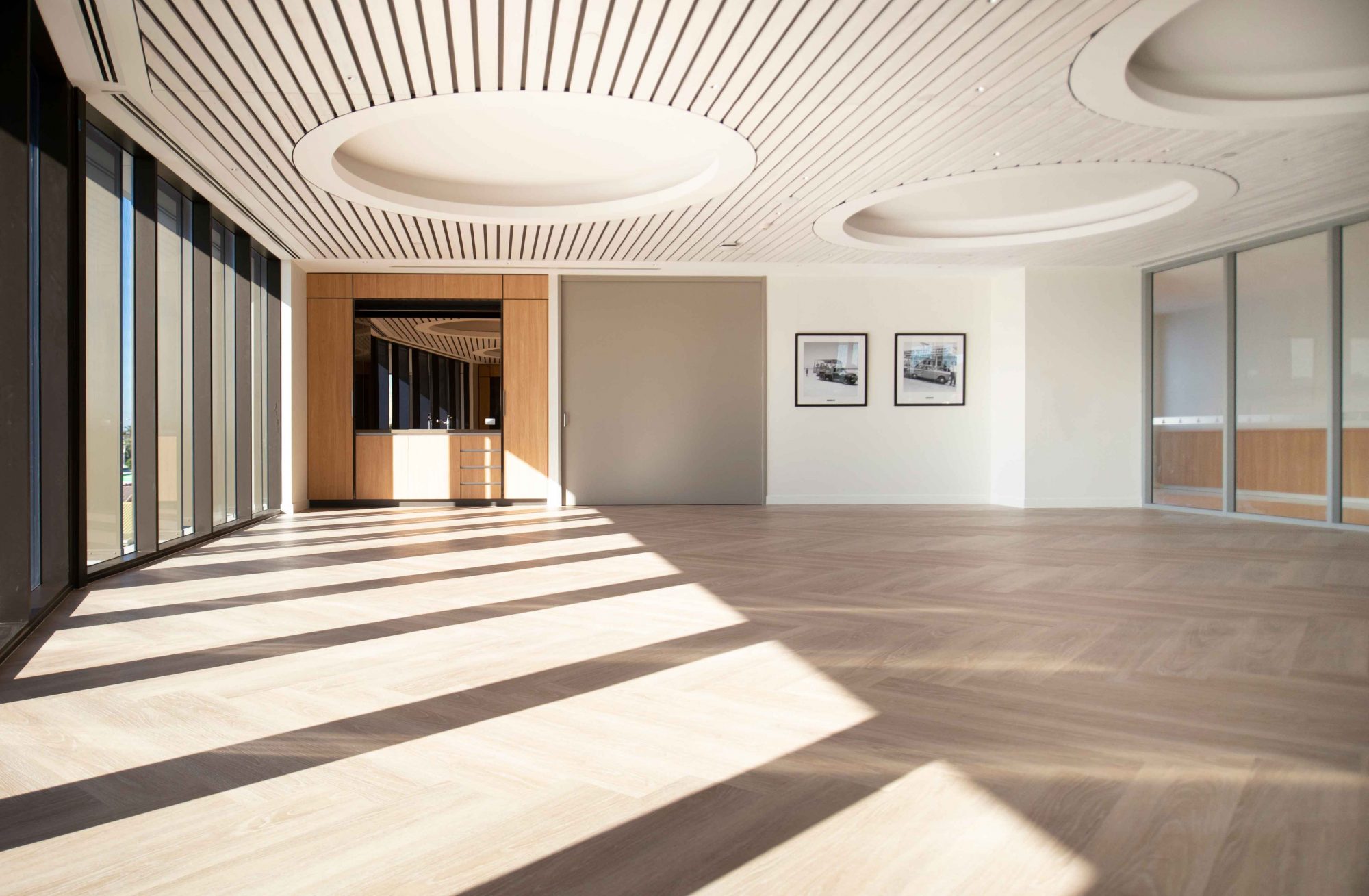Not only does resilient flooring offer appealing benefits for business owners’ buildings, but it also presents a diverse range of flooring options to choose from. Factors like specific requirements and material availability can significantly impact a business owner’s decision-making process when selecting their resilient flooring.
Here, we explore the most prevalent types of resilient flooring utilized in businesses. Consider these options carefully when determining the ideal resilient flooring for your business and property. Just like a jackpot city casino big win, the right choice of flooring can yield substantial rewards in aesthetics and durability for your establishment. And with a range of games and slots bring you happiness, reassuring and profit.
Vinyl Flooring
Vinyl Flooring has certain materials that possess inbuilt properties which create the finished flooring, these include Poly Vinyl Chloride (PVC) and fillers. PCV is the main material that plays the role of being a binder. Binders consist of both plasticisers and stabilisers for your flooring. If you’re looking for vinyl flooring that has the advantage of resilience, you would probably choose plasticisers. Although if you’re looking for flooring that has lasting colour, you would go for stabilisers.
Now, what do fillers do for your flooring?
Fillers are used to determining the thickness of the flooring. Fillers come in either natural or mineral. Natural fillers assist with slip resistance, whereas mineral fillers assist with the resistance against fires.
Vinyl Sheets
Vinyl sheets are commonly used in buildings with areas that are prone to spills, dirt or bacteria such as hospital theatre rooms. Vinyl sheets are installed in two ways, heated or chemically welded. If your vinyl sheets are being heat welded, special equipment and trained technicians are needed. This, therefore, has the possibility of delaying your flooring and can be expensive. Whereas chemical welding is proven to be more economical as it is welded with a solvent that is mixed on-site.
Vinyl Tile Flooring
There are two types of vinyl tile flooring, solid vinyl tile and vinyl composition tile which is usually less expensive. Solid vinyl tiles are more desirable for business owners rather than vinyl composition tiles as they offer resilience to abrasions and have a higher load and indentation resistance.
Rubber Flooring
Rubber flooring consists of natural rubbers and filling compounds. There are two types of rubber flooring, homogeneous and laminated. The rubber on its own is quite expensive which makes choosing this flooring option costly to the building owner. Rubber flooring comes in both sheets and tiles but requires only trained professionals to install correctly. Rubber flooring also has a fabric inset that increases the chance of being depleted when exposed to high heat.
Linoleum Flooring
The primary material used in linoleum flooring is linseed oil. This oil is oxidised and combined with natural resin, powdered rock for flexibility, limestone for hardness and wood flour for colour. Linoleum flooring requires a dry and clean surface to be created before it can be laid down, which can make the flooring process difficult and therefore a turn off to some business owners.
Cork Flooring
The outer layer of cork oak trees is taken to make cork flooring. Cork flooring is pressed with binders and then baked. The composition of the cork is crucial as it determines the quality of the flooring. Although, a turn off to some business owners about cork flooring is that its quality is all dependent on the composition of the cork.
There are many types of resilient flooring for you to choose from for your building. We are a team of professional commercial floorers that Sunshine Coast businesses can rely on. Contact one of our AFlor Commercial team members today on (07) 5443 8694 for a consult.



